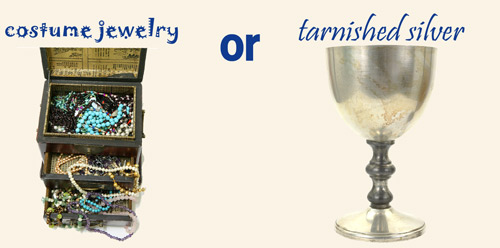Grace and royalty have the right to you claim you: A lesson from "Kingdom of Heaven."
 Monday, December 31, 2012 at 9:13AM
Monday, December 31, 2012 at 9:13AM
"I'm your priest, Balian; and I tell you, God has abandoned you...The village does not want you." - village priest
 Balian [Orlando Bloom] and Godfrey, Baron of Ibelin [Liam Neeson]
Balian [Orlando Bloom] and Godfrey, Baron of Ibelin [Liam Neeson]
"Murder. I've done murder." - Balian the Blacksmith
Balian [Orlando Bloom] is a blacksmith, whose wife has died of suicide. Unbeknownst to Balian, she was beheaded post-humously [for being a suicide] by the wicked village priest who, rather than consoling the grieving Balian, assures him that God has abandoned him and the village has rejected him.
Balian's true father [Liam Neeson], a man he's never met, is Godfrey, Baron of Ibelin; and has just come to the village to reach out to Balian and to invite him to follow him into the Crusades, joining the baron's small band of warriors. Balian refuses to go. He has no desire to know his father, Baron of Ibelin; nor to move beyond the world he knows. After all, he's just buried his wife.
The crime
The scene escalates as Balian discovers that the wicked town priest has cut off his wife's head just before burial, claiming it was punishment for the sin of suicide and that his wife would certainly be in hell for it. In a fit of striken horror, Balian runs a sword through the priest, killing him. After murdering the priest, leaving his blacksmith shop to burn, Balian flees town to see if he can catch up with his father, Baron of Ibelin, on the road.
The Law would claim him
Balian catches up with his father, Baron of Ibelin, on the road, and confesses the murder to him. But the law has sent a hunting party for Balian. The law has come for him so that he may face charges for murdering the priest. Even knowing his son's sin, his father still won't give him over to the Law; and they quickly discover themselves ambushed by the hunting party.
Half of the baron's warrior band is slain. When the dust settles, Balian reminds his father,
"They had the right to take me."
His father replies,
"And so do I."
Notice three things:
- Balian the blacksmith doesn't realize there is royalty in his blood.
- The Law will always try to claim you.
- Grace, his true Father, also has the right to claim him.
 Jim Robbins |
Jim Robbins |  1 Comment |
1 Comment | 



























